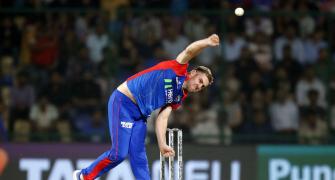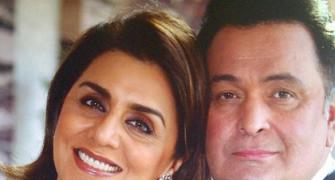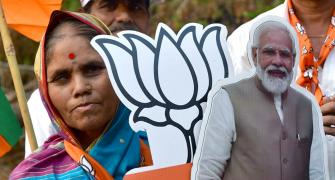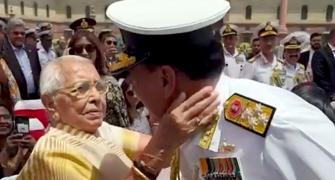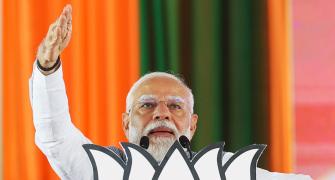There is a new ray of hope for Alzheimer's patients. Scientists claim to have discovered a way to reverse the loss of memory -- a breakthrough that could bolster the fight against the disease.
The accidental discovery came during an experiment to suppress an obese man's appetite, by using a technique called deep-brain stimulation, which involves stimulating parts of the brain with an electric current.
Instead of losing appetite, the patient was suddenly able to recall in immense detail a moment spent in a park with a friend 30 years earlier. More tests revealed that his ability to learn was dramatically improved when the current was switched on and his brain stimulated.
According to lead researcher Professor Andres Lozano of the Toronto Western Hospital in Canada, "This is the first time that anyone has had electrodes implanted in the brain
which have been shown to improve memory. We're driving the activity of the brain by increasing its sensitivity, turning up the volume of the memory circuits. Any event that involves the memory circuits is more likely to be stored and retained."
Professor Lozano said that the 50-year-old obese man turned to brain surgery as a last resort. While the researchers were identifying potential appetite suppressant points in the hypothalamus -- the part of the brain associated with hunger -- the man's memory started flooding back.
"It gives us an insight into which brain structures are involved in memory. It gives us a means of intervening in the way we have already done in Parkinson's and for mood disorders such as depression, and it may have therapeutic benefit for people with memory problems," The Independent quoted Professor Lozano as saying.
The researchers are now applying the technique in the first trial of the treatment in patients with Alzheimer's.
"We are in the early stages of using it with the Alzheimer's patients and we don't know if it will work. Three patients have been treated and the initial results are promising," Professor Lozano said.


